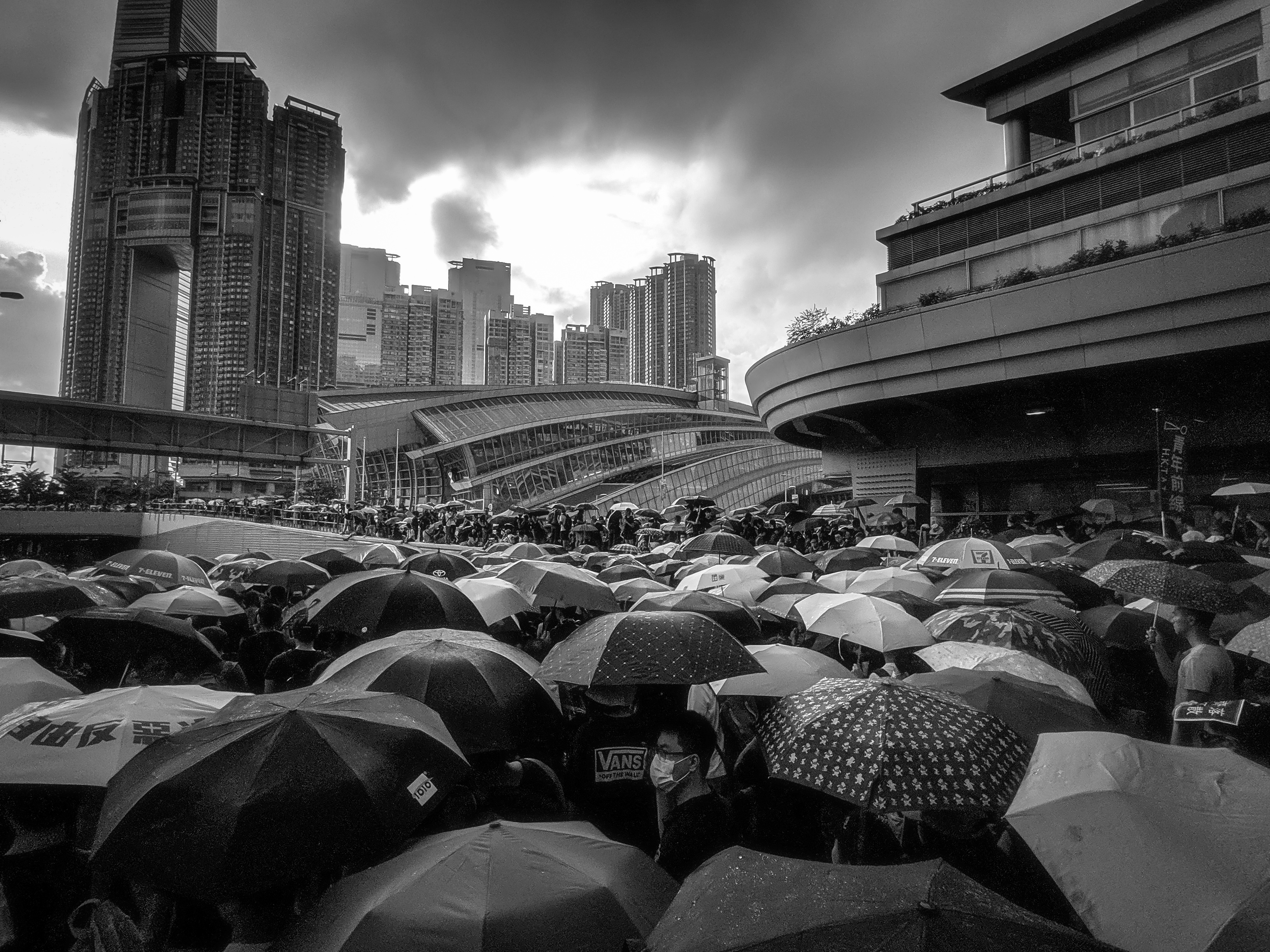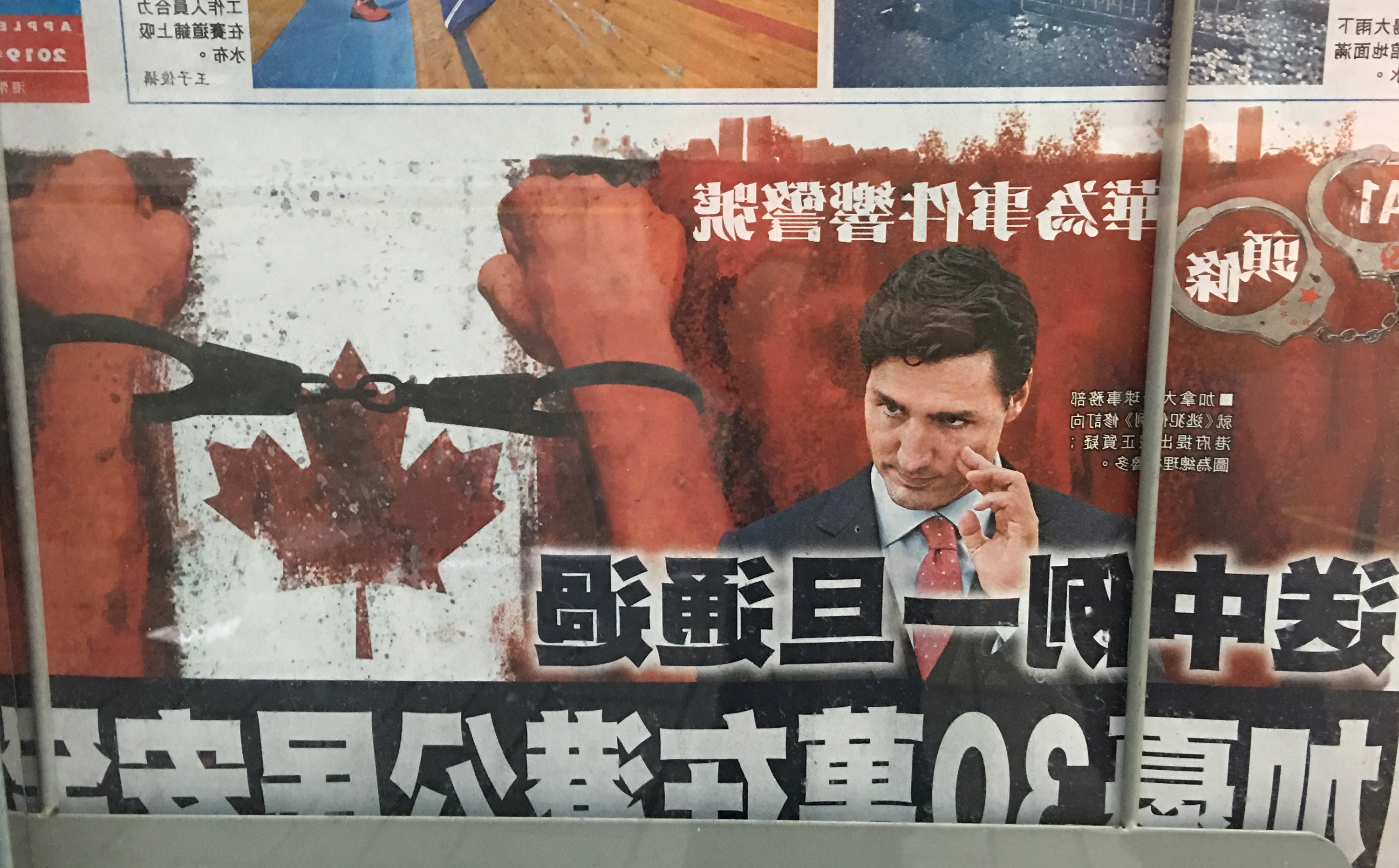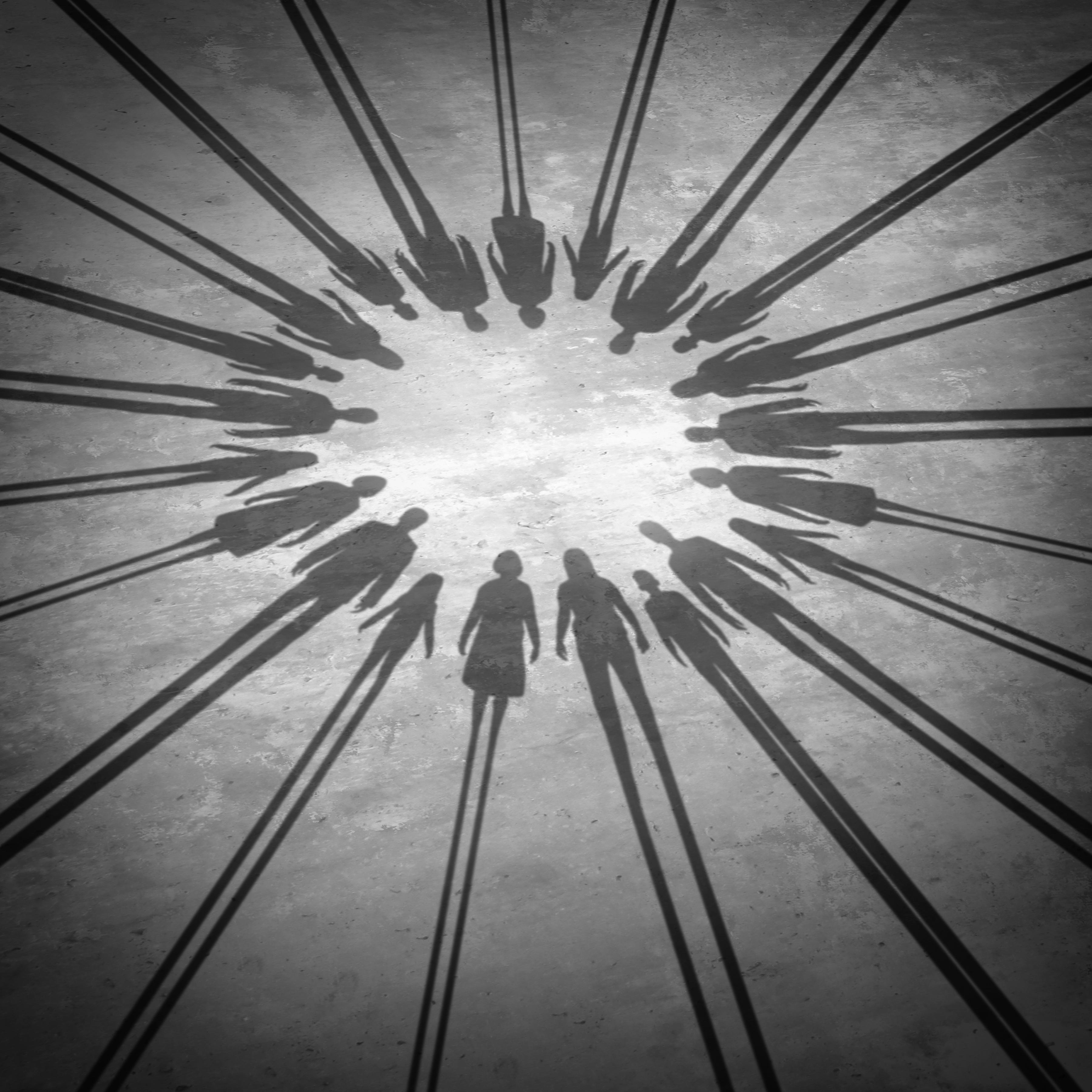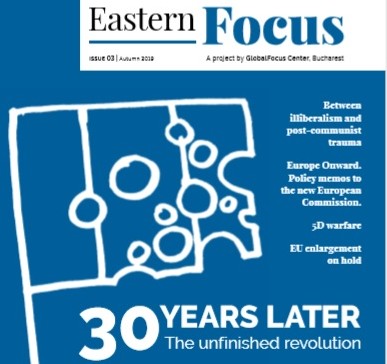By Dana Trif| Cluj Napoca & Ho Ming-sho| Taipei
Five years have passed since the 2014 Umbrella Movement and the ‘Occupy Central with Love and Peace’ civil disobedience campaigns that brought tens of thousands onto the streets of Hong Kong. Back in 2014, the protesters’ demands were focused on genuine universal suffrage for the election of the Special Administrative Region’s (HKSAR) Chief Executive (CE) and of the members of the Legislative Council, Hong Kong’s Parliament.






